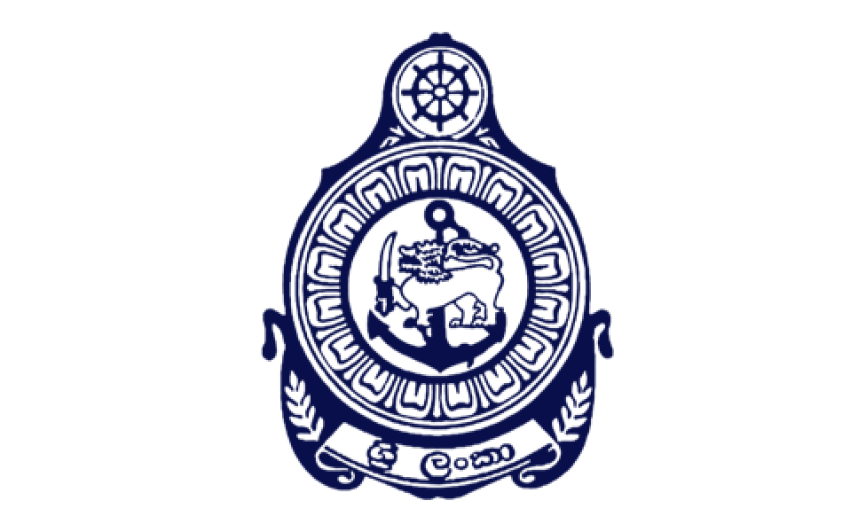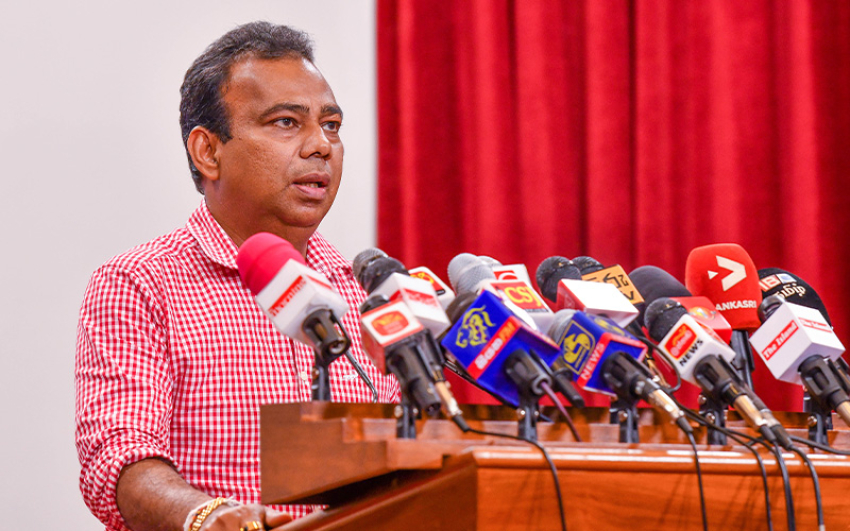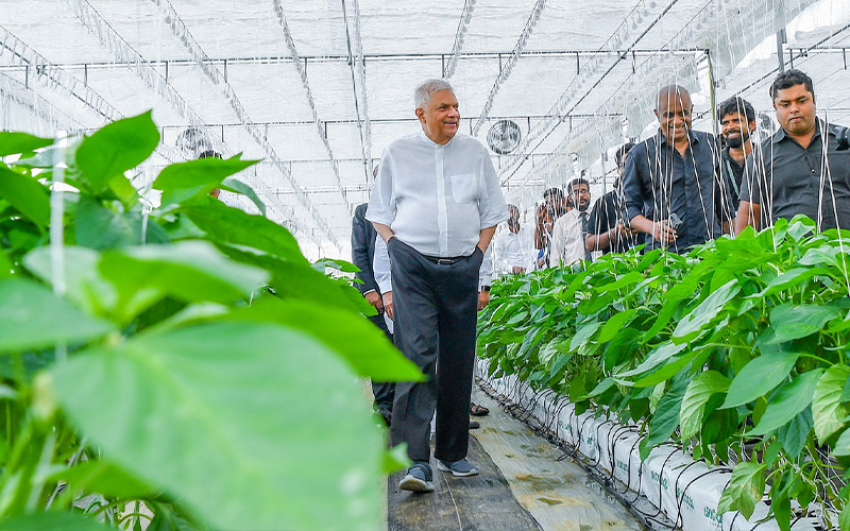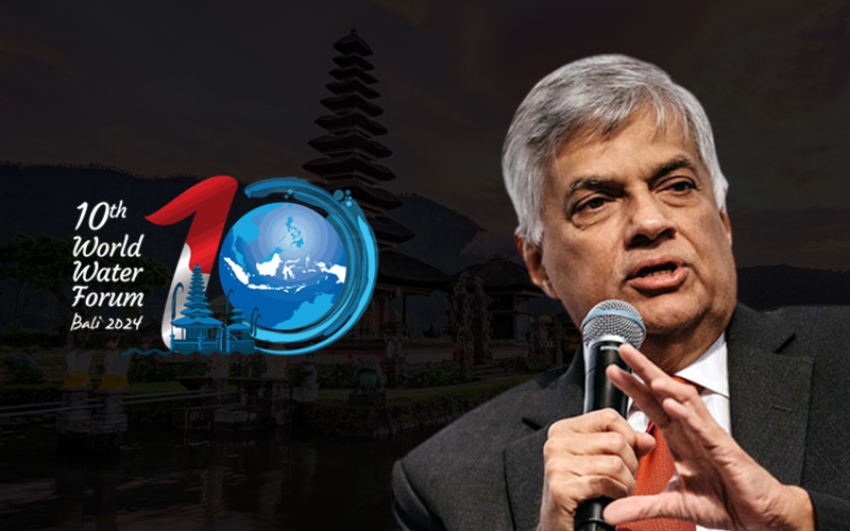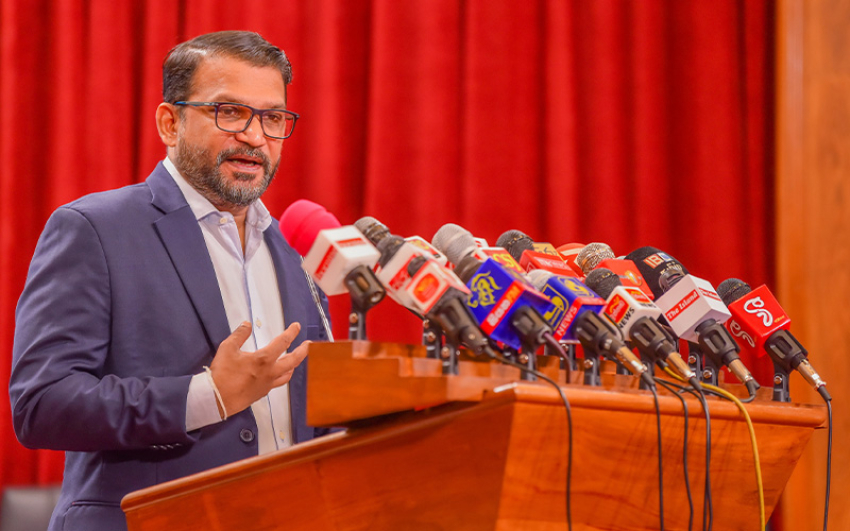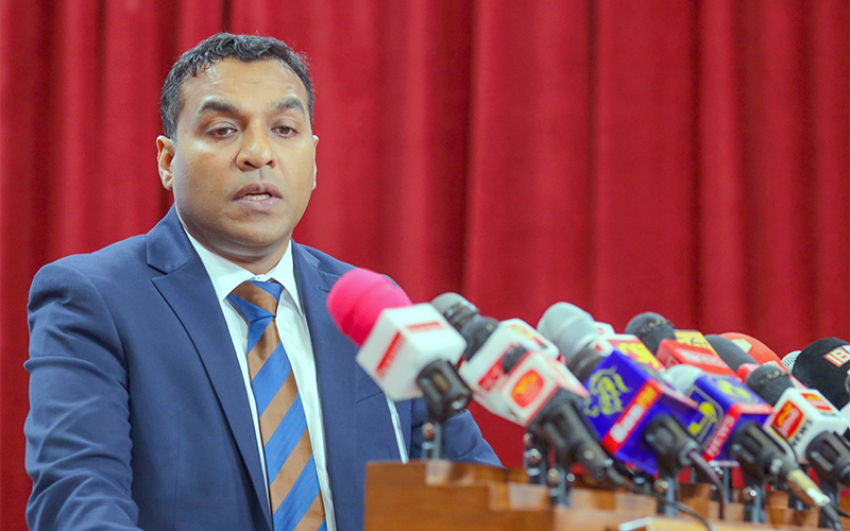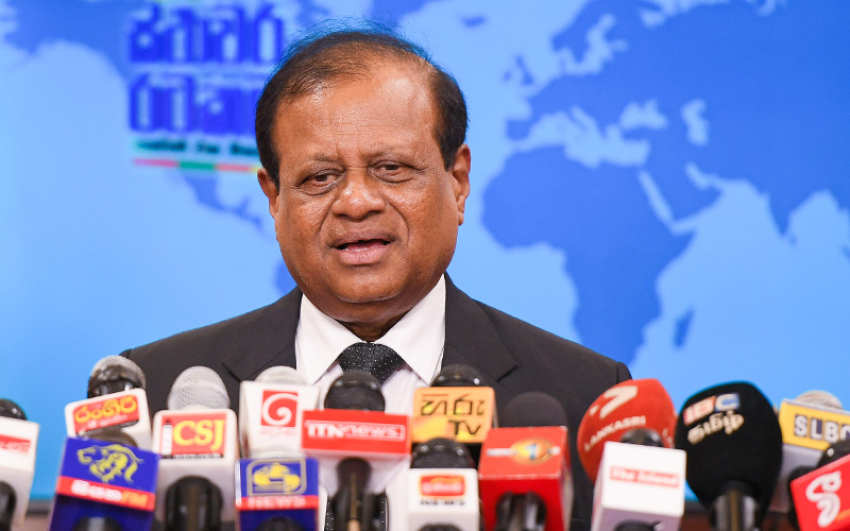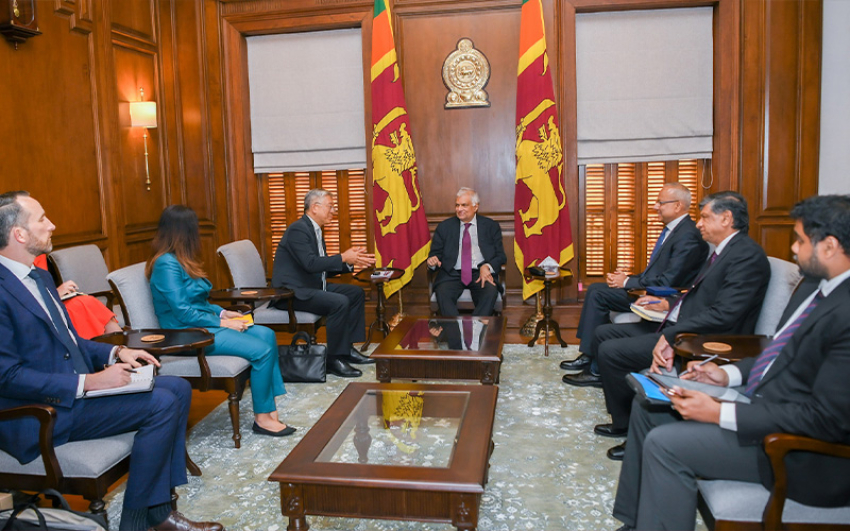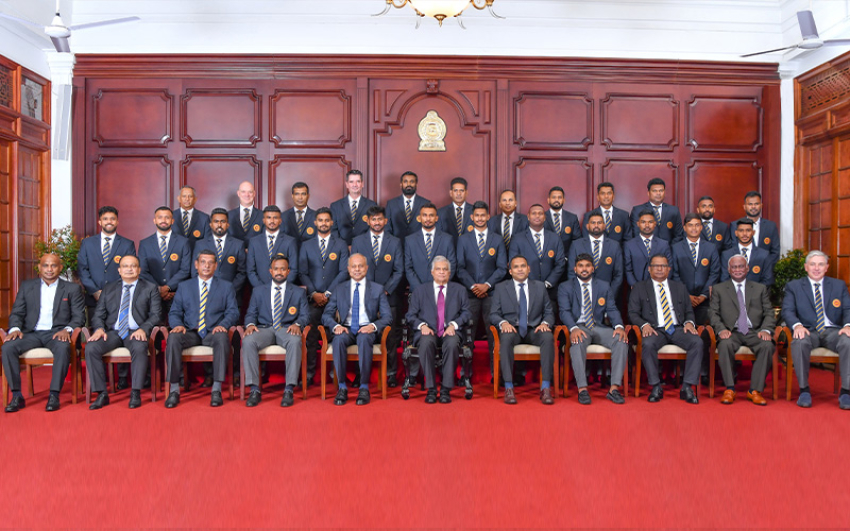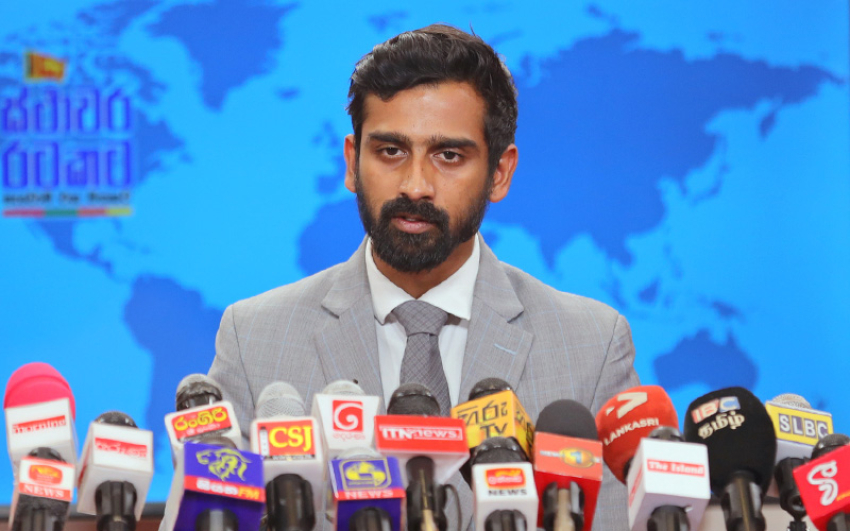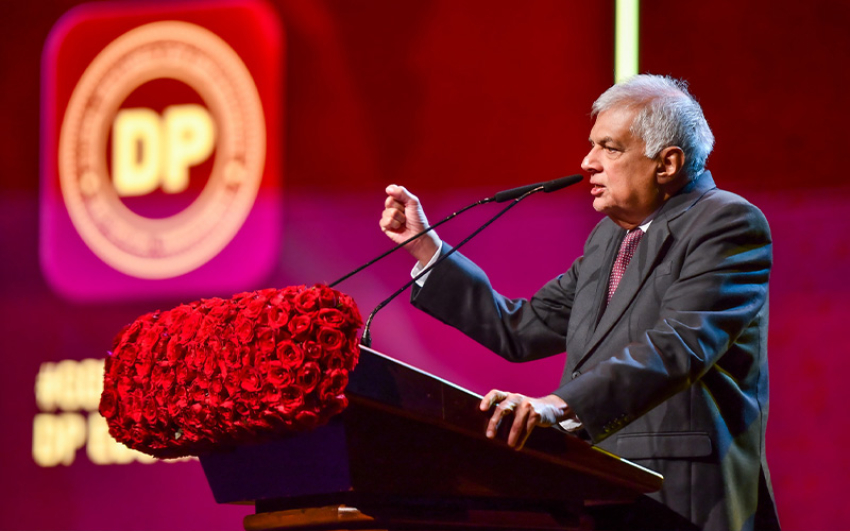This multifaceted growth strategy aims to propel the nation toward economic recovery. As part of this endeavour, Sri Lanka is not only looking to strengthen its ties with its largest traditional export destinations, namely the USA and the EU/UK, but also actively deepening its integration with regions in South Asia, South East Asia and East Asia.
One significant aspect of this economic strategy involves the negotiation and execution of bilateral trade agreements. Currently, Sri Lanka has bilateral trade agreements in place with key South Asian partners, including India (India Sri Lanka Free Trade Agreement – ISLFTA) and Pakistan (Pakistan Sri Lanka Free Trade Agreement – PSFTA), with a primary focus on trade in goods. Additionally, Sri Lanka enjoys access to South Asian markets through regional trading agreements, such as the South Asian Free Trade Area (SAFTA) and the SAARC Preferential Trading Arrangement (SAPTA).
Notably, Sri Lanka is actively engaged in Preferential Trade Agreement (PTA) negotiations with Bangladesh, with a strong emphasis on trade in goods. These negotiations, initiated in June 2021, have already seen three rounds of discussions. Given Sri Lanka’s positive trade balance with Bangladesh, establishing a PTA is seen as a pivotal move to further enhance bilateral trade, beyond the existing agreements in place. The next step involves both countries exchanging their initial offer lists in preparation for subsequent rounds of negotiations.
Furthermore, Sri Lanka is set to enter its 12th round of negotiations on the proposed Economic and Technology Cooperation Agreement (ETCA) with India. This comprehensive agreement has a broader scope than the current ISLFTA, underscoring the deepening economic ties between the two nations.
Sri Lanka’s engagement with ASEAN countries is on the rise through Free Trade Agreements. The country has already entered into a comprehensive Free Trade Agreement with Singapore (Sri Lanka Singapore Free Trade Agreement – SLSFTA) in January 2018, which came into force in May of the same year. Ongoing negotiations are taking place with other ASEAN countries, including Thailand and Indonesia, with the goal of expanding trade cooperation across various sectors.
Sri Lanka is also in discussions with China to resume negotiations for a proposed FTA. So far, six rounds of negotiations have been concluded, aiming to gain market access for selected Sri Lankan products in China and establish links to global value chains.
Additionally, Sri Lanka is making strides toward establishing an economic integration program with ASEAN, Oceania and East Asia by joining the world’s largest Free Trade Agreement, the “Regional Comprehensive Economic Partnership (RCEP)” Agreement. The government has already submitted its Letter of Intention to join the RCEP, underscoring its commitment to global economic integration.
All these trade agreement negotiations are under the purview of the Cabinet appointed National Trade Negotiation Committee (NTNC). Led by the Chief Negotiator of the Office of International Trade under the Presidential Secretariat, this committee includes senior-level officers from various government departments and institutions. The NTNC is further supported by eleven subcommittees representing relevant ministries and departments, facilitating negotiations and stakeholder engagements.
These comprehensive trade initiatives are integral to Sri Lanka’s vision of transforming into a developed economy by 2048, aligning with the government’s overarching goals for economic growth and prosperity.
PMD



